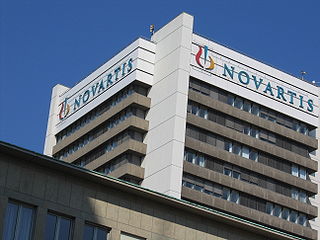Novartis’s India headache: The emerging pharma problem
India has thumbed its nose at the pharmaceutical giant Novartis. There are two ways of spinning the story that emerged from Monday’s announcement that the Indian Supreme Court had rejected Novartis’ attempt to win patent protection for a major cancer drug.
One version declares this to be a landmark judgment that will be a life-saver for poor people around the world.
The other says it’s regressive; calls into question India’s commitment to upholding intellectual property rights and insists that now it will be that much harder for rich companies to invest in and from India in R&D. Ergo, fewer lives saved.
Both accounts sound magnificently sensible.
So, what’s the truth?
As with most things, it lies somewhere in the middle. In 2006, Novartis’s Indian patent application for Glivec, known in the U.S. as Gleevec, was rejected. The legal fight went to the Indian Supreme Court. This was shortly after India amended its patent protection act so pharmaceutical companies had to prove significant clinical efficacy enhancements of their drugs over already-patented compounds.
In 2006, India’s patent office ruled against handing a patent to Glivec, arguing that the drug’s active ingredient, imatinib mesylate, was already known before Glivec’s development. It was a judgment that few had expected.
The argument over profits vs proud charity continues. Don’t expect resolution anytime soon.


